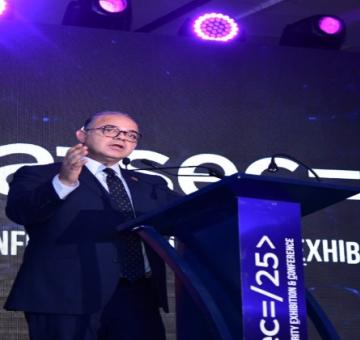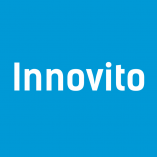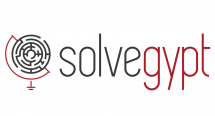Egypt’s Fintech Engine: How Digital Inclusion Is Powering the Country’s Innovation Momentum

In an economy navigating volatility and reform, Egypt’s fintech sector has emerged as a story of resilience and reinvention.
Over recent years, fintech has become Egypt’s most dynamic and investable vertical, accounting for over one-third of total national startup funding. This is not just because of its strong funding record, but because it sits at the intersection of two national priorities: digital transformation and financial inclusion.
What began as a wave of digital payment startups has evolved into a comprehensive ecosystem connecting telecom operators, banks, investors, and regulators. This alignment has made fintech one of the clearest reflections of how innovation can drive structural change in Egypt’s economy.
Inclusion at Scale: From Access to Empowerment
At its core, fintech in Egypt is about more than mobile wallets and digital transactions it’s about rewiring access to opportunity. The Central Bank of Egypt’s financial inclusion strategy and the National Payment Council’s digitization roadmap have been pivotal in expanding reach.
As of 2024, financial inclusion reached 74.8%, driven by the spread of 56.2 million electronic wallets, 7.5 million prepaid cards, and 33.5 million debit cards. These numbers reflect a major leap from previous years proof that fintech adoption is no longer urban-exclusive but part of Egypt’s daily financial fabric.
Platforms are now building integrated digital ecosystems that connect consumers, SMEs, and service providers, embedding payments, savings, and credit tools into everyday life. This marks a turning point from transactional innovation toward ecosystem enablement, positioning fintech as a key driver of inclusive growth.
A System of Collaboration
What sets Egypt’s fintech landscape apart is the cross-sector collaboration powering it. Telecom providers, financial institutions, and regulators are working together to digitize the economy from payroll and insurance to lending and e-commerce integration.
This collaboration is exemplified by partnerships such as those between telecom operators and licensed banks, expanding mobile money penetration and accelerating Egypt’s shift toward a cashless economy.
Venture activity mirrors this confidence: funding rounds surpassing $400 million between 2021 and 2024 underline sustained investor appetite. Major players such as MNT-Halan, Paymob, and Fawry continue to attract regional and international backers, positioning fintech as Egypt’s highest-performing investment vertical by both deal volume and ecosystem readiness (score: 3.4/5).
Why It Matters
Egypt’s fintech growth is not just an isolated success; it’s a template for ecosystem building. The sector’s progress demonstrates how innovation when aligned with inclusion goals and supported by institutional clarity can accelerate both social and economic transformation.
Fintech is no longer about startups competing for market share; it’s about building digital infrastructure that makes participation in Egypt’s economy simpler, safer, and more universal.
Final Takeaway
Egypt’s fintech story represents the convergence of policy discipline, investor confidence, and social need.
With over 70% of the population now financially included, expanding mobile and digital services, and a strong regulatory base, the sector illustrates how resilience can evolve into scalability.
As innovation becomes embedded across sectors, fintech stands as proof that technology, when backed by purpose, can become Egypt’s most sustainable growth engine.



































































EgyptInnovate site is not responsible for the content of the comments